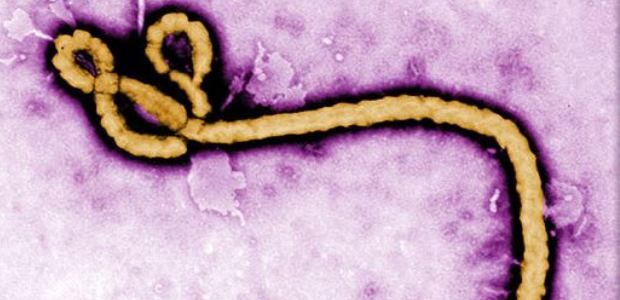
WHO Director's Ebola Report: Set up Dedicated Fund for Rapid Response
Dr. Margaret Chan said "well-functioning health systems are the cushion that keeps sudden shocks from reverberating throughout the fabric that holds societies together, ripping them apart."
World Health Organization Director-General Margaret Chan spoke Jan. 25 during the Executive Board's Special Session on Ebola in Geneva, Switzerland, calling for a dedicated fund for rapid response to such crises and addressing the lessons learned as this serious West African outbreak shows signs of subsiding. "I urge all of us to turn the 2014 Ebola crisis into an opportunity to build a build a stronger system to defend our collective global health security," she said, according to the transcript posted by WHO. "Well-off countries need to support others in building stronger health systems that include IHR [International Health Regulations] core capacities. The volatile microbial world will always deliver surprises. Never again should the world be caught by surprise, unprepared."
She emphasized the need to maintain momentum against the disease and to guard against complacency and donor fatigue. "The data tell us we have bent the curve and avoided the worst-case scenario. We must now focus on the proven public health measures needed to get the job done," Chan said. "Cases are clearly declining in all three countries, but we must maintain the momentum and guard against complacency and donor fatigue. Getting to zero cases of Ebola in the three remaining countries is our collective goal. This can be done but is not going to be easy. As we have seen time and time again, an upsurge in new cases can follow a single unsafe burial or violent act of community resistance. Both of these high-risk situations are still occurring.
"Although systems of data collection, reporting, and sharing have improved, we know that not all cases, and especially not all deaths, are being detected and reported. Poor communications and road systems increase the likelihood that cases and deaths are being missed, especially in very remote rural areas."
Chan said the outbreak "points to the need for urgent change in three main areas: to rebuild and strengthen national and international emergency preparedness and response, to address the way new medical products are brought to market, and to strengthen the way WHO operates during emergencies.
The Ebola outbreak revealed some inadequacies and shortcomings in this organization's administrative, managerial, and technical infrastructures."
She called for a dedicated contingency fund to support rapid responses to outbreaks and emergencies and said the International Health Regulations "need more teeth. They provide the principal line of collective defence against the threat from emerging and epidemic-prone diseases. The world will never reach true health security until more countries, and eventually all countries, have core capacities in place. We need a far more rigorous methodology for evaluating these capacities than self-assessments in a questionnaire. And we need to treat the importance of getting these capacities in place like the emergency that it is. We need to stop thinking about core capacities as something that should be tacked onto a country’s health systems, like an extra arm. No. The capacities needed to undertake sensitive surveillance, provide laboratory support, manage data collection and reporting, and mount a response need to be an integral part of the health system. Health systems also need adequate numbers of well-trained health care workers, and these people need to be appropriately paid."
She called that last point "one of the biggest lessons the world learned last year. Well-functioning health systems are not a luxury. Well-functioning health systems are the cushion that keeps sudden shocks from reverberating throughout the fabric that holds societies together, ripping them apart. As we learned control depends on community engagement and community leadership at every stage."